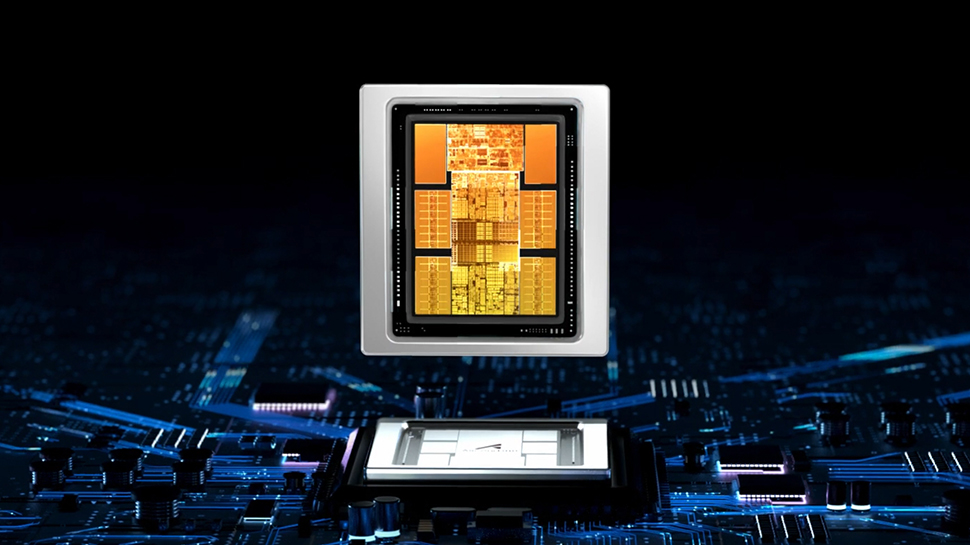Brave or foolhardy? Huawei takes the fight to Nvidia CUDA by making its Ascend AI GPU software open source
Huawei’s CANN will need time and resources to take on Nvidia’s CUDA

Sign up for breaking news, reviews, opinion, top tech deals, and more.
You are now subscribed
Your newsletter sign-up was successful
- Huawei makes its CANN AI GPU toolkit open source to challenge Nvidia’s proprietary CUDA platform
- CUDA’s near 20-year dominance has locked developers into Nvidia’s hardware ecosystem exclusively
- CANN provides multi-layer programming interfaces for AI applications on Huawei’s Ascend AI GPUs
Huawei has announced plans to make its CANN software toolkit for Ascend AI GPUs open source, a move aimed squarely at challenging Nvidia’s long-standing CUDA dominance.
CUDA, often described as a closed-off “moat” or “swamp,” has been viewed as a barrier for developers seeking cross-platform compatibility by some for years.
Its tight integration with Nvidia hardware has locked developers into a single vendor ecosystem for nearly two decades, with all efforts to bring CUDA functionality to other GPU architectures through translation layers blocked by the company.
Opening up CANN to developers
CANN, short for Compute Architecture for Neural Networks, is Huawei’s heterogeneous computing framework designed to help developers create AI applications for its Ascend AI GPUs.
The architecture offers multiple programming layers, giving developers options for building both high-level and performance-intensive applications.
In many ways, it is Huawei’s equivalent to CUDA, but the decision to open its source code signals an intent to grow an alternative ecosystem without the restrictions of a proprietary model.
Huawei has reportedly already begun discussions with major Chinese AI players, universities, research institutions, and business partners about contributing to an open-sourced Ascend development community.
Sign up to the TechRadar Pro newsletter to get all the top news, opinion, features and guidance your business needs to succeed!
This outreach could help accelerate the creation of optimized tools, libraries, and AI frameworks for Huawei’s GPUs, potentially making them more attractive to developers who currently rely on Nvidia hardware.
Huawei’s AI hardware performance has been improving steadily, with claims that certain Ascend chips can outperform Nvidia processors under specific conditions.
Reports such as CloudMatrix 384’s benchmark results against Nvidia running DeepSeek R1 suggest that Huawei’s performance trajectory is closing the gap.
However, raw performance alone will not guarantee developer migration without equivalent software stability and support.
While open-sourcing CANN could be exciting for developers, its ecosystem is in its early stages and may not be anything close to CUDA, which has been refined for nearly 20 years.
Even with open-source status, adoption may depend on how well CANN supports existing AI frameworks, particularly for emerging workloads in large language models (LLM) and AI writer tools.
Huawei’s decision could have broader implications beyond developer convenience, as open-sourcing CANN aligns with China’s broader push for technological self-sufficiency in AI computing, reducing dependence on Western chipmakers.
In the current environment, where U.S. restrictions target Huawei’s hardware exports, building a robust domestic software stack for AI tools becomes as critical as improving chip performance.
If Huawei can successfully foster a vibrant open-source community around CANN, it could present the first serious alternative to CUDA in years.
Still, the challenge lies not just in code availability, but in building trust, documentation, and compatibility at the scale Nvidia has achieved.
Via Toms Hardware
You might also like
- We've rounded up the best portable monitors available now
- Take a look at our guide to the best authenticator app
- Time to ditch the pen and paper - Modus now boasts e-paper with 75Hz refresh, enough to challenge even a tablet

Efosa has been writing about technology for over 7 years, initially driven by curiosity but now fueled by a strong passion for the field. He holds both a Master's and a PhD in sciences, which provided him with a solid foundation in analytical thinking.
You must confirm your public display name before commenting
Please logout and then login again, you will then be prompted to enter your display name.